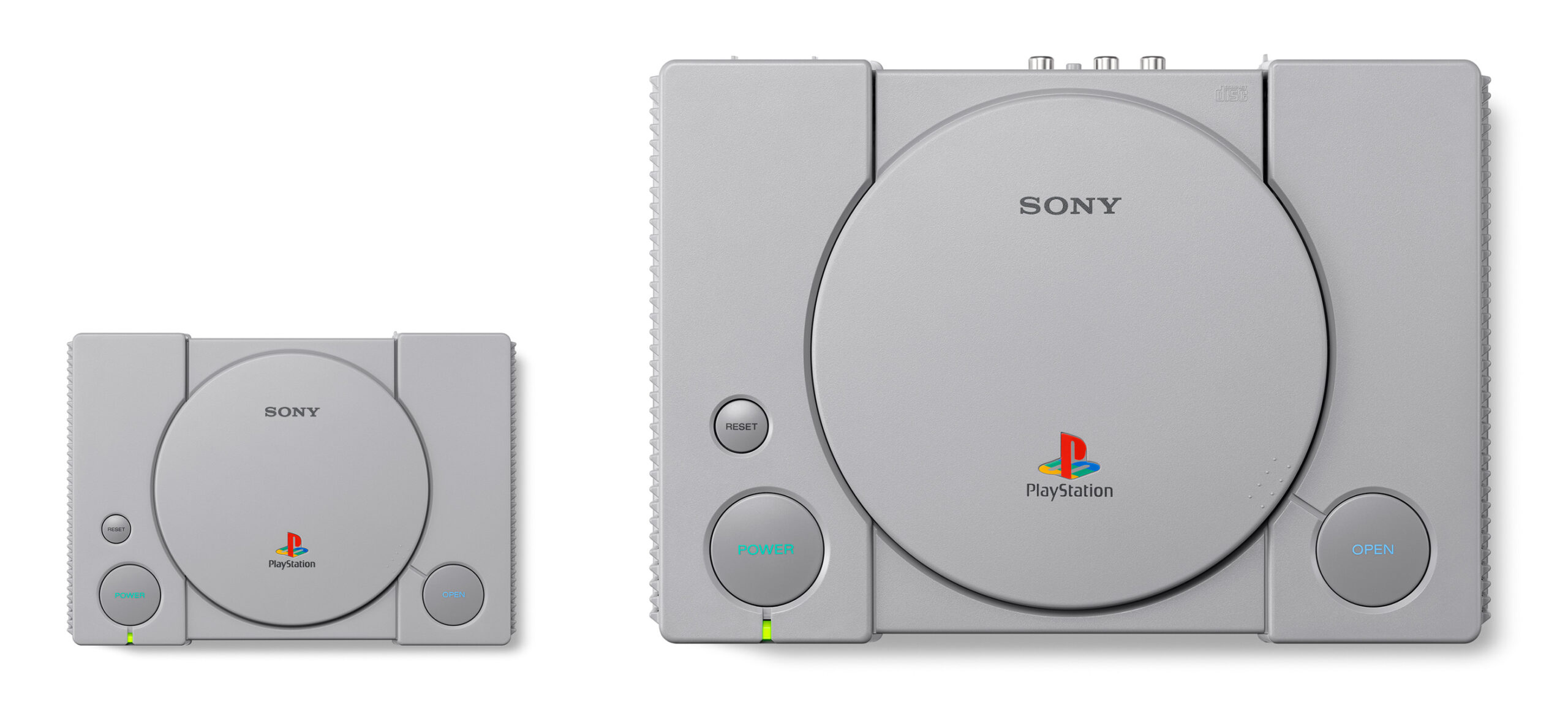– Ty Ferguson
Think of comfort food, but for marketing. Most marketing today focuses on the future – whether it be promoting a new device’s never-before-seen speed, size or power. But nostalgia marketing typically mixes this future forward marketing with memories of a simpler time or place.
A recent example of this can be seen with the upcoming throwback console PlayStation Classic. The PlayStation Classic is a miniaturized model of the first PlayStation Console, including 20 classic PlayStation One games that have been remastered with 3D graphics.
A study in the Journal of Consumer Research found the feeling of nostalgia makes consumers more likely to spend money. Which explains the frequent use of nostalgia and retro advertising for nearly anything.
It’s understandable that companies would want to reuse a successful formula, but why do we, as consumers fall for the gimmick? In the age of innovation, why do we like things that are retro?
Put plainly, human beings often romanticize our past because we don’t know our future. This is because the past is something we already know about.
The past is something we can look back on, knowing with confidence what the outcomes were. We can hand-pick what we want to remember. Which comforts people – being able to control and know our future, even if that future is actually our past.
We can change our views of the past to our own liking, being able to shape it to however we would like for it to reassure us of our feelings. Revisiting the past usually takes us back to the joyous memories we value, and who doesn’t want that feeling of warmth?
We also all have that outlook that the “grass is greener.” This causes us to think back to simpler times, compared to the present. We always regard the past as something that was peaceful and fun – we remember times as simpler because technology wasn’t as advanced or important.
Ultimately the feelings of joy and positivity towards our past are undeniably a successful way for marketing campaigns and brands to build a positive relationship with consumers.
Image courtesy of Polygon





